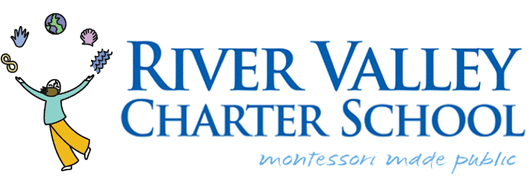
School Accountability
Charter schools are held to strict accountability requirements that cover three critical areas: faithfulness to the school’s mission, academic success and organizational viability. Charter schools are required to write accountability plans that guide assessment of the school’s mission and key design features.
Other programming areas are evaluated via Common Performance Criteria determined by the Department of Elementary and Secondary Education. The Common Performance Criteria include ten criteria that have been identified as critical to the success of charter schools and include:
- Mission and key design features
- Access and equity
- Compliance
- Dissemination
- Student performance
- Program delivery
- Culture and family engagement
- Capacity
- Governance
- Finance
Every year the school submits an annual report to the Massachusetts Department of Elementary and Secondary Charter School Office. Every five years the school goes through a charter renewal process and is assessed to make sure it is meeting the terms of its charter.
River Valley Charter School Report Card
The Massachusetts Department of Elementary and Secondary Education (DESE) publishes a report card annually to summarize the school's acheivement and progress on reaching academic goals.
To view past year's accountability reports, please visit the DESE website.
Student Performance Measurements
Standardized Assessments
The Massachusetts Comprehensive Assessment System (MCAS) tests are administered in grades 3-8 each spring in subjects as required by the DESE. Results are distributed to parents the following fall. Student scores are placed in performance categories: Exceeding Expectations, Meeting Expectations, Partially Meeting Expectations, Not Meeting Expectations.
Beginning in 2019, all grade 3-8 students will take the MCAS assessment online.
Internal Assessments
A cornerstone of Montessori education is keen observation of each student as he/she pursues his/her work. In addition to standardized assessments, we use a series of internal assessments to monitor individual progress including daily observation, individual learning contracts, portfolios and written assessments. These techniques are designed to provide a holistic assessment of the student’s learning.
Formal and common assessments are also administered. Examples include the Dynamic Indicators of Basic Early Literacy Skills (DIBELS), and the Developmental Reading Assessment (DRA), which are used at the early grades to assess reading skills. Formal writing prompts are given to students in the upper grades. Middle school faculty commonly administer quizzes and tests.
The student and parents play central roles in assessment. As each student matures, she/he plays an increasingly integral role in setting his own goals, assessing his own work, and tracking his own progress. Parents participate formally at least three times a year in conferences, with frequent interaction encouraged.


